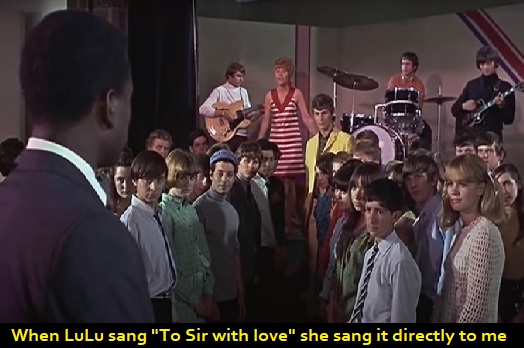Introduction:
The late 1960s and early 1970s marked a huge era in our world of rock music, characterized by a cultural revolution, huge political upheavals, and unbelievable creative explosions. This transformative period witnessed the rise of three figures whose impact on the music scene was both profound and enduring – Janis Joplin, Jim Morrison, and Jimi Hendrix. Their careers soared like meteoric comets, forever leaving a mark on the history of rock and roll. However, fate dealt a cruel hand, and within a span of just two years, the world lost these iconic musicians in a tragic sequence of events. Can you imagine? At the prime of their lives, all three were gone in less than two years. The late 50s and early 60s also had their “day when the music died” when on February 3, 1959, Buddy Holly, Ritchie Valens, “The Big Bopper” J. P. Richardson, and pilot Roger Peterson were killed in a plane crash near Clear Lake, Iowa.
The Rise to Stardom:
Janis Joplin, with her raw and emotive voice, shattered conventions and became the queen of blues-infused rock. Jim Morrison, the charismatic frontman of The Doors, wove poetic narratives into psychedelic soundscapes, while Jimi Hendrix’s unparalleled virtuosity with the guitar redefined the possibilities of the instrument. Each artist brought a unique flavor to the musical landscape, capturing the zeitgeist of the counterculture movement.
The Cosmic Collision:
The convergence of their deaths between 1970 and 1971 seemed like a cosmic collision, leaving fans and the music world in shock. Janis Joplin, the first to depart, succumbed to a heroin overdose on October 4, 1970, at the age of 27. Just a few weeks earlier, on September 18, 1970, Jimi Hendrix, the maestro of the electric guitar, died in London under mysterious circumstances. The final blow came on July 3, 1971, when Jim Morrison, the enigmatic poet and lead singer of The Doors, was found dead in his bathtub in Paris. The circumstances surrounding each death fueled speculation, conspiracy theories, and a collective sense of grief.
The 27 Club:
The tragic demise of Joplin, Hendrix, and Morrison contributed to the creation of the infamous “27 Club,” a morbid association of musicians who died at the age of 27. This peculiar and unfortunate connection deepened the mystique surrounding their deaths, as years later other influential artists like Kurt Cobain and Amy Winehouse also joined their ranks.
Legacy and Cultural Impact:
Despite their untimely departures, the legacy of Joplin, Morrison, and Hendrix endures through their groundbreaking music, influencing subsequent generations of musicians. Joplin’s soulful wails, Morrison’s poetic musings, and Hendrix’s revolutionary guitar techniques continue to inspire artists across genres. Their impact on the cultural and social landscape of the 1960s reverberates through time, reminding us of a bygone era of rebellion, experimentation, and artistic freedom.
The End of an Era:
The deaths of Joplin, Morrison, and Hendrix marked the symbolic end of the utopian ideals of the 1960s. The era of free love, peace, and psychedelic exploration gave way to a more cynical and disillusioned phase. The loss of these iconic figures left a void that would never be completely filled, underscoring the fragility of artistic brilliance in the face of personal struggles and societal pressures.
Conclusion:
Janis Joplin, Jim Morrison, and Jimi Hendrix, though gone too soon, left an indomitable imprint on the history of rock music. Their deaths, occurring in close proximity, served as a poignant reminder of the fragility of artistic genius. As we reflect on their lives and the era they defined, we honor the enduring legacy of these three cosmic souls who, for a brief moment, illuminated the world with their extraordinary talents. The tragic triptych of Joplin, Morrison, and Hendrix stands as a testament to the enduring power of music and its ability to transcend time and space.



